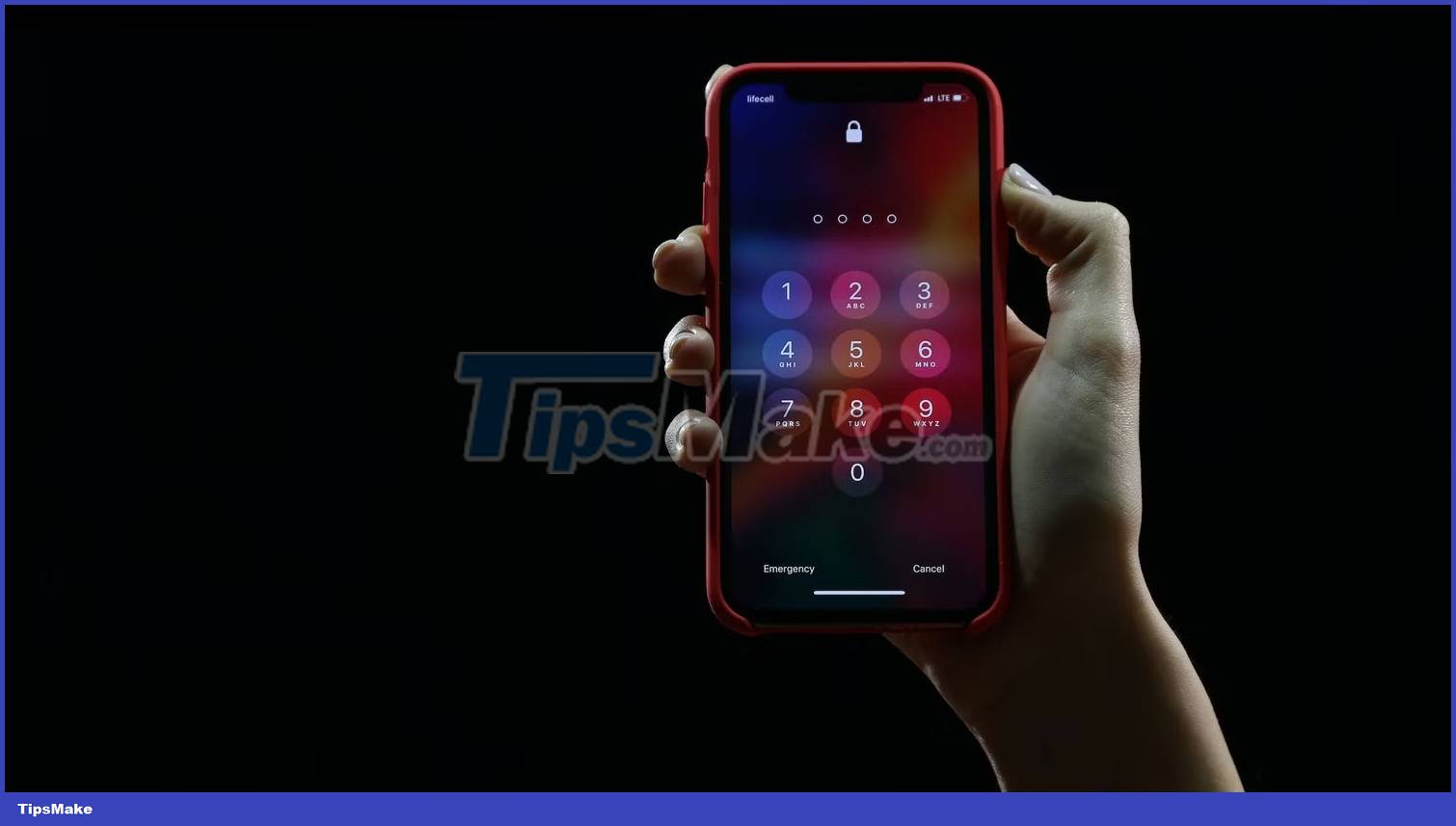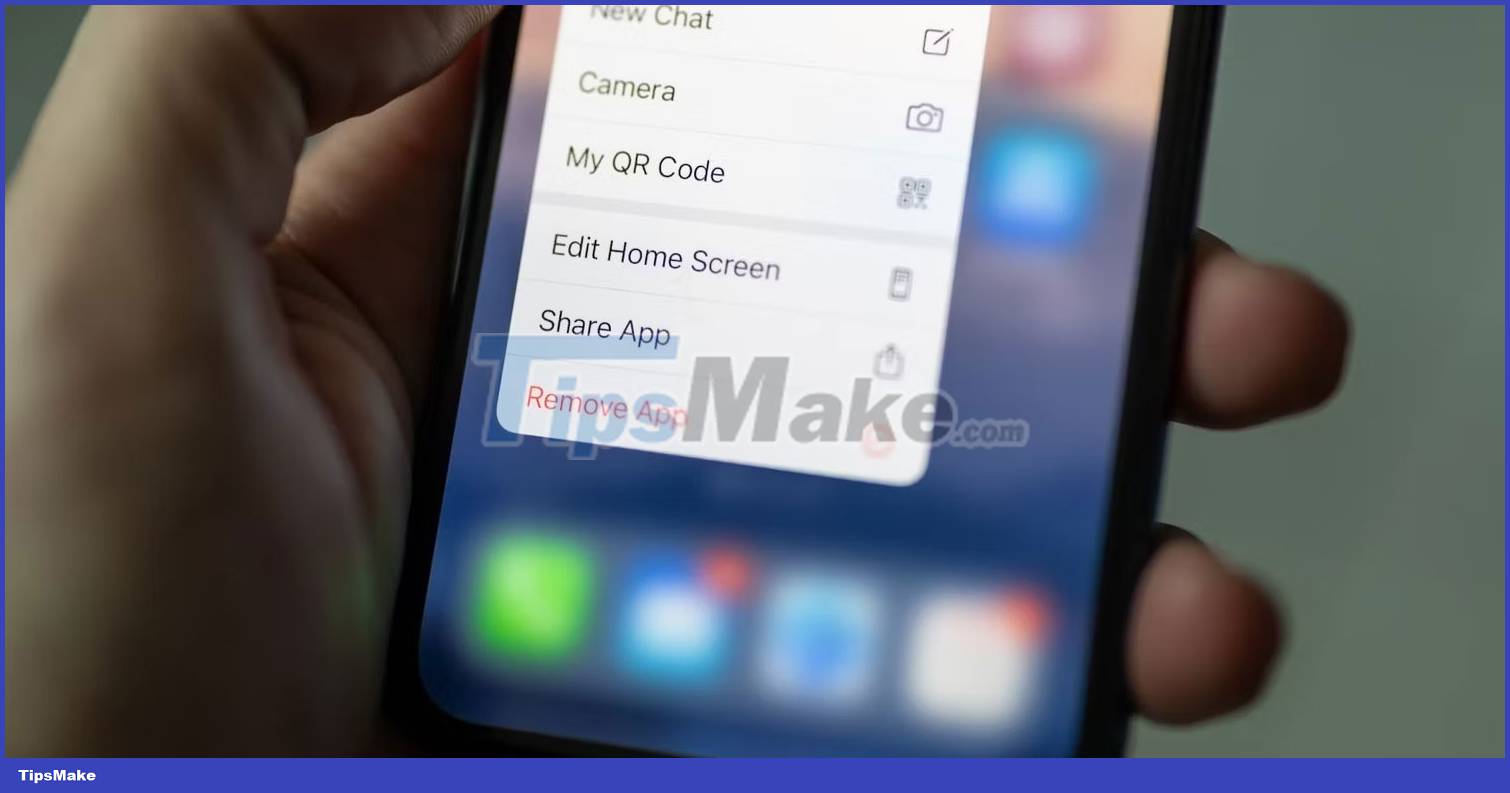What happens to passwords when you delete a password manager app?
Password managers are useful for securely storing passwords, but what happens when you delete the app or your account? Are your passwords still out there somewhere in cyberspace or are they permanently deleted?
Where does the password manager store your data?

When you entrust your login credentials, payment details, and other sensitive information to a password manager, you should know how this data is stored.
A reliable password manager encrypts passwords during storage so that even if they are accessed maliciously, they cannot be used without the decryption key. Many password managers use the highly secure AES-256 encryption standard that has never been cracked. You should check what type of encryption your password manager uses before storing sensitive information.
Depending on your password manager, your passwords may also be stored offline. This is also known as cold storage and prevents cyber attacks that rely on an Internet connection. Cold storage typically involves storing passwords locally (i.e. on your device), using on-device encryption.
Any reputable password manager will have protocols in place to ensure that no one except you can see your stored passwords. This way, even employees cannot view sensitive data stored on behalf of users. However, in the event of a cyber attack, neither the locally stored password nor the decryption key can be accessed.
Where does your data go after you delete your password manager?

When you no longer want to use your password manager, simply delete the app or delete your account. However, it is important to note that these are not always the same.
If you are using a password manager that stores passwords locally (i.e. only on your smartphone), deleting the app will delete all of your stored data. But if the password manager you choose stores sensitive information on a remote server, removing the app may only remove the software from your device, not your password manager account.
Think of social media apps like Facebook and Instagram. Deleting one of these apps will not delete your account because you can sign back in after reinstalling. The scenario can be similar with certain password managers; You can delete the app but your online account still exists.
In this case, your passwords may continue to be stored by the password manager regardless of whether the app is on your phone or not. So, it's best to find the delete account option in your app account settings before uninstalling the software.
Additionally, you may come across blockchain-based password managers, which store passwords in token form on the blockchain. This means your passwords are not stored locally but remain in a secure environment using encryption and decentralization.
Things to consider before removing a password manager

If you want to use a different password storage method or want the look and feel of a different app, you should delete your password manager. But there are a few things to consider before doing this.
- Make sure you're deleting your password manager account and not just the app if you want to permanently switch password managers.
- Make sure your new password storage method is secure. For example, you may be attracted to a free app, but it may not offer the same level of security as a paid option. Not all password managers are the same, and it's not uncommon for password managers to be hacked. So, if you're currently using a reputable app, make sure the app you switch to can be trusted.
- Avoid vulnerable storage options, such as note-taking apps or draft emails. These methods are not designed for secure storage, thus making it very easy for your passwords to be lost, perhaps due to technical errors or cyber attacks.
Deleting your password manager isn't necessarily the same as deleting your shopping or social media apps. This type of software is designed to store highly sensitive information, so it's important that you think carefully before uninstalling or deleting your account.